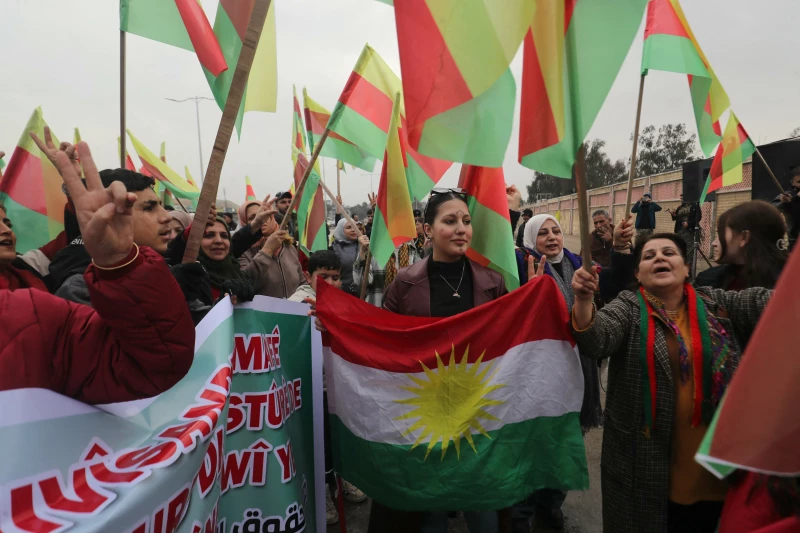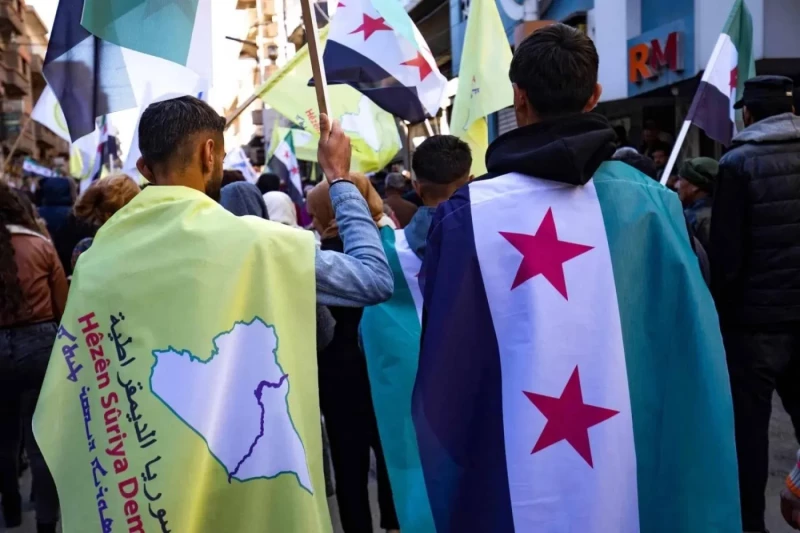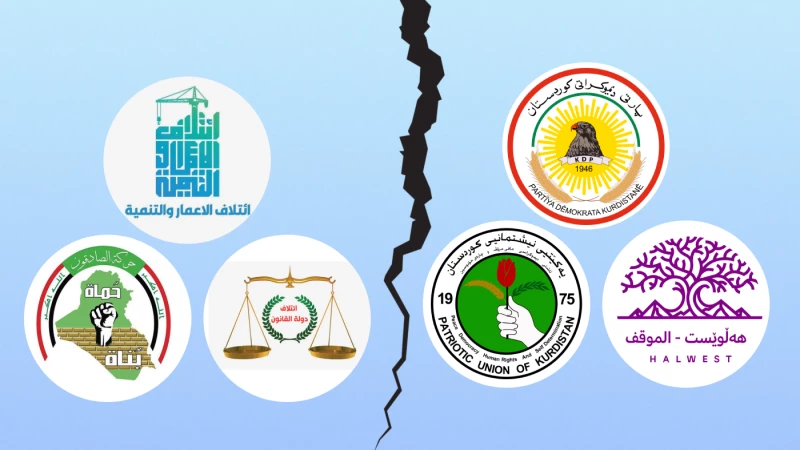Many countries want to influence the current Syrian situation and leave their mark on the future of Syria and what is called the new Syria. Among these influential countries or entities is the Kurdistan Region, as a Kurdish political experience that can have a positive role and influence in the new Syrian situation, especially in Kurdish areas or in settling the relationship between the Kurdish areas and forces on one hand, and Damascus and Turkey on the other.
Since the outbreak of the Syrian revolution, the Kurdistan Region has had an influential role and relationship with the Syrian situation. This role, especially in the Kurdish areas in eastern Syria, is divided into several stages.
The first stage begins with the events of the Arab Spring, the explosion of the situation in Syria, and the start of Syrians seeking refuge in neighboring countries, where many Syrians, most of whom were of Kurdish ethnicity, sought refuge in the Kurdistan Region and began searching for housing, work, and an opportunity for a new life. Indeed, the Kurdistan Region opened its doors to shelter thousands of Syrians fleeing the horrors of war in their country.
Although the Region was not a state and did not have a large source of income, it still sheltered a large number of displaced people out of humanitarian duty and the obligations of brotherhood and neighborliness.
The second stage of the Kurdistan Region’s influence in Syria begins with the start of attacks by the Islamic State (ISIS) on Kurdish areas, as the Region supported Rojava – Kurdish for western, referring to northeast Syria’s Kurdish region - diplomatically and militarily, and the Peshmerga forces affiliated with the Kurdistan Region contributed to fighting ISIS and defending Kurdish areas. The Kurdistan Parliament, upon the recommendation of President Masoud Barzani, decided to send a large force to the Kurdish areas to fight ISIS and repel its attacks on Kurdish areas, side by side with their fellow Kurdish fighters there.
On the other hand, the Kurdistan Region sheltered a group of Syrian Kurdish political figures and political parties and supported them politically during the Syrian revolution, making Erbil the center of their political struggle and active political participation until the fall of Bashar al-Assad’s regime.
The third and most important stage of the positive role that the Kurdistan Region has played and continues to play in Syria begins with the collapse of the Assad regime and the start of a new phase in Syria. The Kurdistan Region, as a model of a Kurdish entity in the region, can serve as an example for the political elite in Rojava. The Kurdistan Region is an internationally and regionally accepted model, and despite threats and obstacles, it has become a reality in the region, with regional and global states engaging with it at a high level.
The Kurdistan Region relies, in its formation and establishment, on a mindset of openness and participation both internally and externally. Internally, we witness the participation of all ethnic, religious, ideological, and partisan components in this entity.
Externally, or more precisely regionally, the Kurdistan Region has, since its establishment in 1991, sent messages of reassurance, practically, not just theoretically to neighboring countries, especially Turkey and Iran, that this entity will not be a source of threat to them.
The Kurdistan Region has indeed dealt with neighboring countries based on mutual interests and has built strong bridges of relations in the region with Arab and Gulf states.
The essence of the matter is that Rojava must adopt the same approach both internally and externally and can benefit from the Kurdish political experience in the Kurdistan Region in these aspects.
In this context, the visit of Mazloum Abdi to the Kurdish capital Erbil and his meeting with President Masoud Barzani come as an effort to transfer this mindset to Syria and to engage with Damascus on the basis of unity and the preservation of rights.
On the other hand, and to complete the picture, we saw the meeting between the new Syrian Foreign Minister Asaad al-Shaibani and Kurdistan Region Prime Minister Masrour Barzani on the sidelines of the World Economic Forum in Davos, where he invited the Kurdish premier to visit Damascus. This reflects the confidence of the new administration in Syria in the positive role that the Region will play in bridging viewpoints between the new administration in Damascus and the local administration in Kurdish areas. In all these meetings, the Kurdish issue and the rights of the Kurdish people in the new Syria were at the top of the discussion agenda.

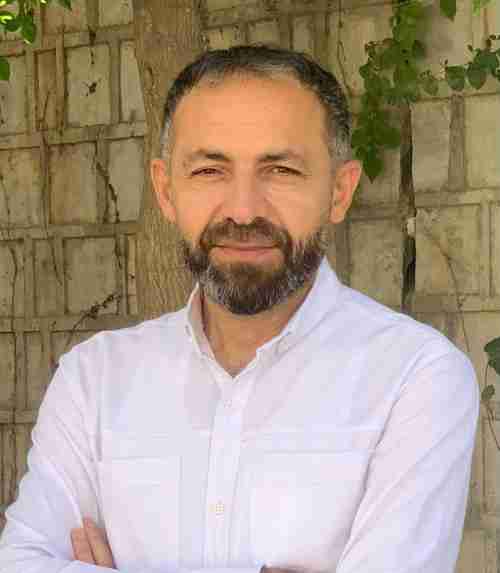
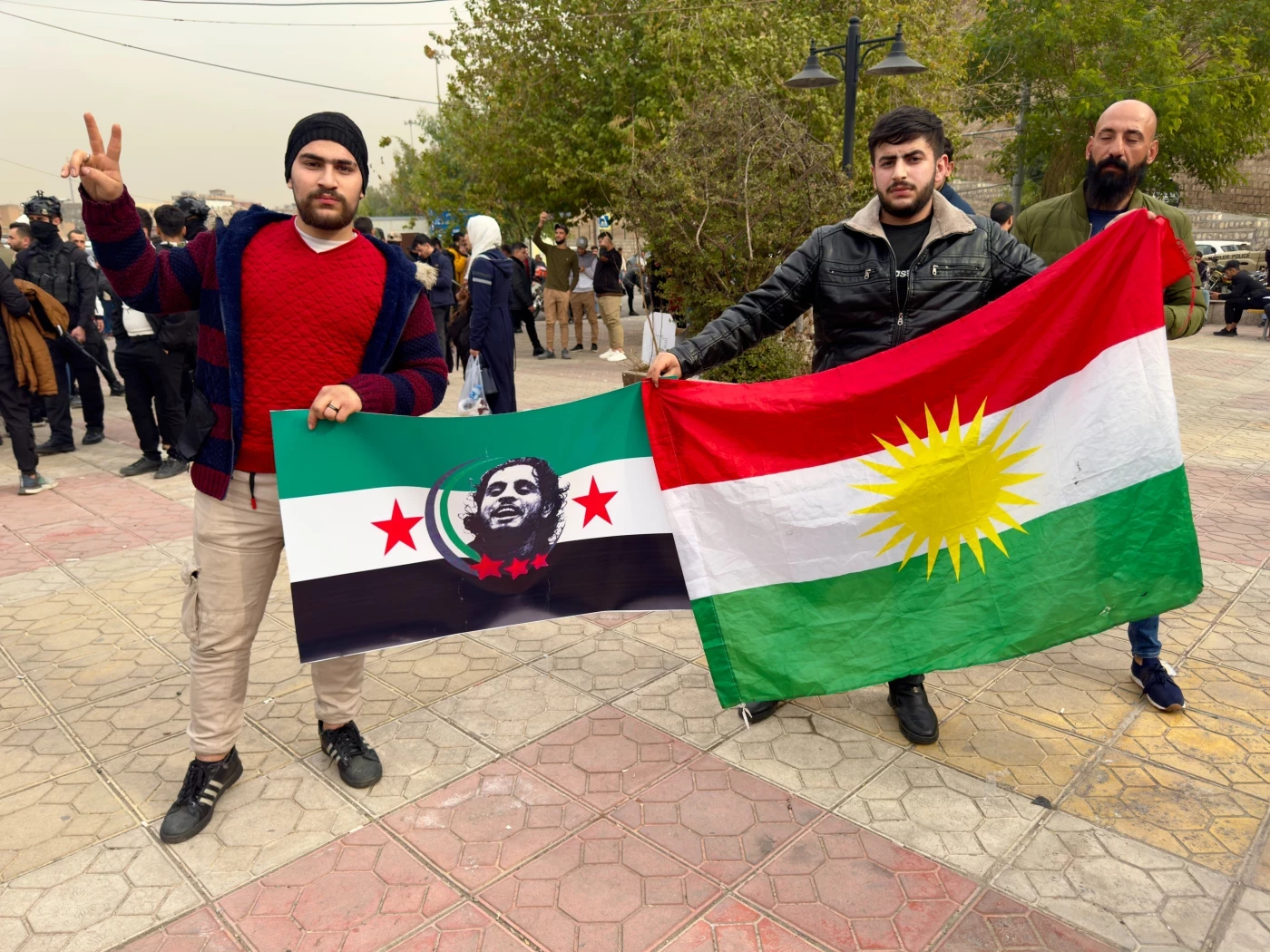
 Facebook
Facebook
 LinkedIn
LinkedIn
 Telegram
Telegram
 X
X
